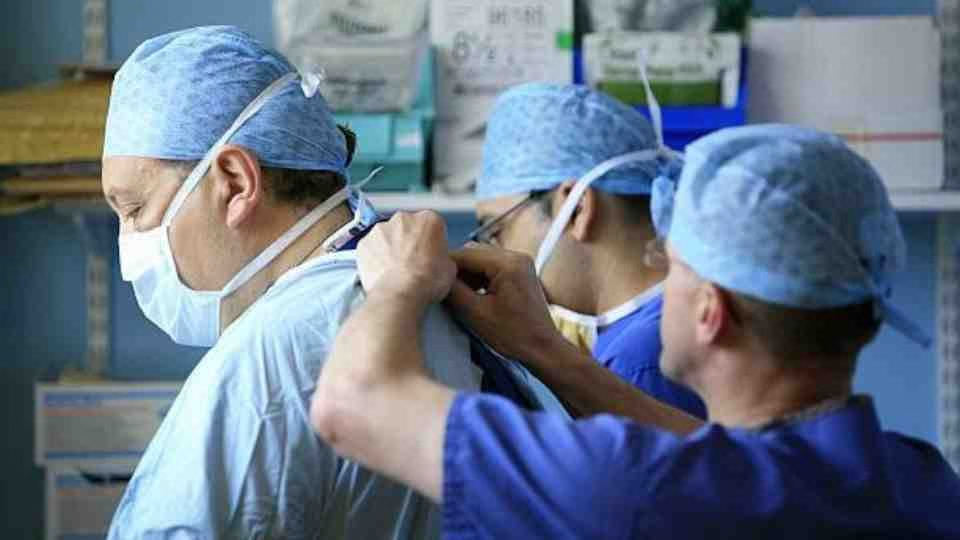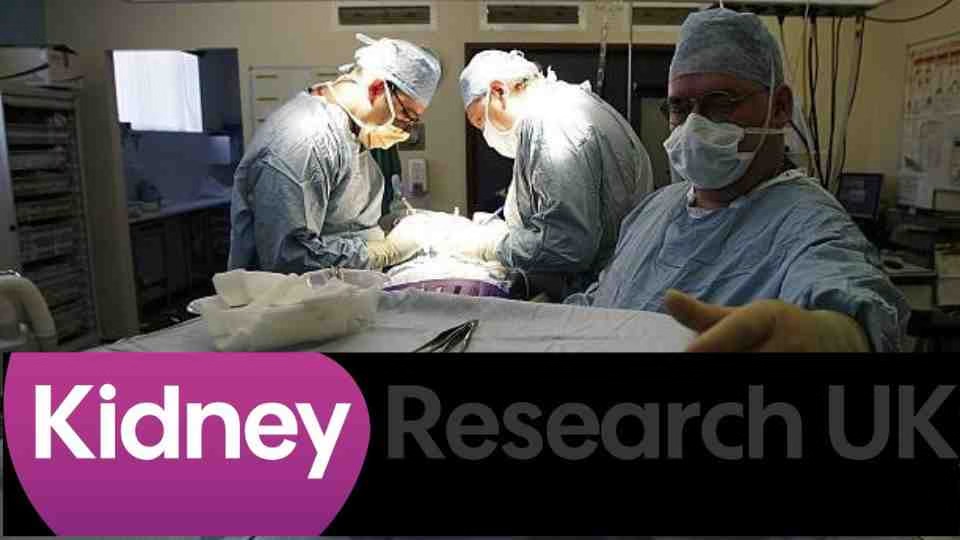A critical shortage of Asian organ donors is creating a health crisis that could be solved by one simple conversation
By Health Correspondent Tab2Mag.
August 2025
Naveed Ahmad had been on the kidney transplant waiting list for three years when he finally received the call. But like hundreds of other Asian patients across the UK, his wait had been significantly longer than it should have been – not because of medical complications, but because of a critical shortage of organ donors from his own community.
A Growing Crisis Hidden in Plain Sight
The statistics paint a stark picture of health inequality that many families remain unaware of. Currently, around 1,400 Asian patients are waiting for organ transplants across the UK – the highest number recorded in a decade. Of these, 1,200 desperately need kidney transplants, facing wait times that stretch months longer than their white counterparts.
The numbers tell only part of the story. Behind each statistic is a family watching their loved one undergo grueling dialysis sessions three times a week, hoping that somewhere, someone will make the decision that could save a life.
Why Asian Patients Wait Longer
The answer lies in biology and community participation. People of South Asian heritage face a significantly higher risk of developing kidney failure compared to other ethnic groups – a medical reality that stems from higher rates of diabetes and hypertension within these communities.
But here’s the crucial factor: the best organ matches come from donors with similar ethnic backgrounds. Tissue compatibility is often better when donor and recipient share genetic heritage, leading to better outcomes and longer-lasting transplants.
Currently, four out of five organs transplanted into Asian heritage patients come from white donors. While these transplants can be successful, they’re not always optimal matches, and the shortage means longer waits for suitable organs.

The Family Conversation That Saves Lives
Dr. Sarah Chen, a transplant coordinator at a leading UK hospital, explains the heart of the issue: “The majority of families support donation when they know it was their loved one’s wish. The problem isn’t reluctance – it’s that these conversations simply aren’t happening in many households.”
Cultural and religious concerns often create barriers to these discussions. Some families worry about religious compatibility with organ donation, despite major faith leaders across Hindu, Sikh, Muslim, and Buddhist communities endorsing organ donation as an act of charity and compassion.
“Many people assume their religion forbids organ donation,” explains Imam Mohammed Rahman from Birmingham’s largest mosque. “But when families understand that saving lives is one of the greatest acts of faith, minds change.”
Living Heroes Making a Difference
Azeem Ahmad, 39, from Newcastle, represents the change that’s desperately needed. In 2019, he donated one of his kidneys to a stranger – a decision that transformed not just the recipient’s life, but his own understanding of community responsibility.
“I knew there was a massive underrepresentation of Asian transplant donors,” Azeem recalls. “When I heard about an appeal for kidney donors, something clicked. I researched the process thoroughly, understood the minimal risks, and realized this was a logical decision to save someone’s life.”
Azeem’s story highlights another crucial option: living donation. Most people can live healthy, full lives with one kidney, and living donor transplants offer significantly better outcomes. Studies show 90% patient survival at 10 years with living donor transplants, compared to 75% with deceased donor transplants.
The Ripple Effect of One Decision
The impact extends far beyond individual patients. Dr. Rajesh Patel, a nephrologist specializing in kidney disease within Asian communities, sees the broader implications daily.
“When we can’t find suitable matches quickly enough, patients spend longer on dialysis. This affects their quality of life, their ability to work, their children’s lives, and ultimately costs the NHS significantly more than a successful early transplant would.”
The economic argument is compelling: dialysis costs the NHS approximately £30,000 per patient per year, while a successful transplant, after initial surgery costs, allows patients to return to productive lives with minimal ongoing medical expenses.
South Asian Heritage Month: A Call to Action
This July and August, during South Asian Heritage Month, the NHS launched its most targeted campaign yet to address this crisis. The message is simple but urgent: one conversation could save multiple lives.
The campaign focuses on dispelling myths and encouraging families to discuss organ donation openly. Registration on the NHS Organ Donor Register takes minutes, but the conversation with family members is equally crucial.
“We’re not asking people to change their minds immediately,” explains NHS Blood and Transplant spokesperson Dr. Priya Singh. “We’re asking them to have informed conversations, to research the facts, and to understand that this decision could transform their community.”
Breaking Down the Barriers
Religious leaders across all major South Asian faiths have united in supporting organ donation. The Hindu Council UK, the Muslim Council of Britain, and Sikh Federation UK have all issued statements clarifying that organ donation aligns with core religious values of compassion and service to others.
Gurdwara Singh Sabha in Southall has become a model for community engagement, hosting information sessions where families can speak directly with transplant coordinators, religious leaders, and previous donors like Azeem.
“Once people understand the facts – both medical and religious – resistance melts away,” notes Dr. Gurinder Singh, who helps coordinate these sessions. “It becomes about saving lives, which every faith teaches us to prioritize.”
The Path Forward
The solution exists within the community itself. Every Asian family that registers as organ donors and discusses their decision with relatives contributes to closing this life-and-death gap.
For patients currently waiting, hope comes in multiple forms: continued medical advances in transplant compatibility, growing awareness within Asian communities, and the increasing number of living donors stepping forward.
But the most immediate impact comes from individual decisions made in family living rooms across the country. One registration, one conversation, one decision to prioritize life over taboo.
How You Can Help
- Register your decision on the NHS Organ Donor Register at organdonation.nhs.uk
- Discuss your decision with family members – their support is crucial
- Research living donation if you have a loved one who needs a transplant
- Share information within your community and place of worship
- Challenge misconceptions when you encounter them
The 1,200 Asian patients currently waiting for kidney transplants don’t need sympathy – they need action. In a community that values family above all else, the gift of life to another family represents the highest expression of those values.
The question isn’t whether we can solve this crisis. The question is how quickly we choose to act.
For more information about organ donation, visit organdonation.nhs.uk or speak with your GP about living donation options.






